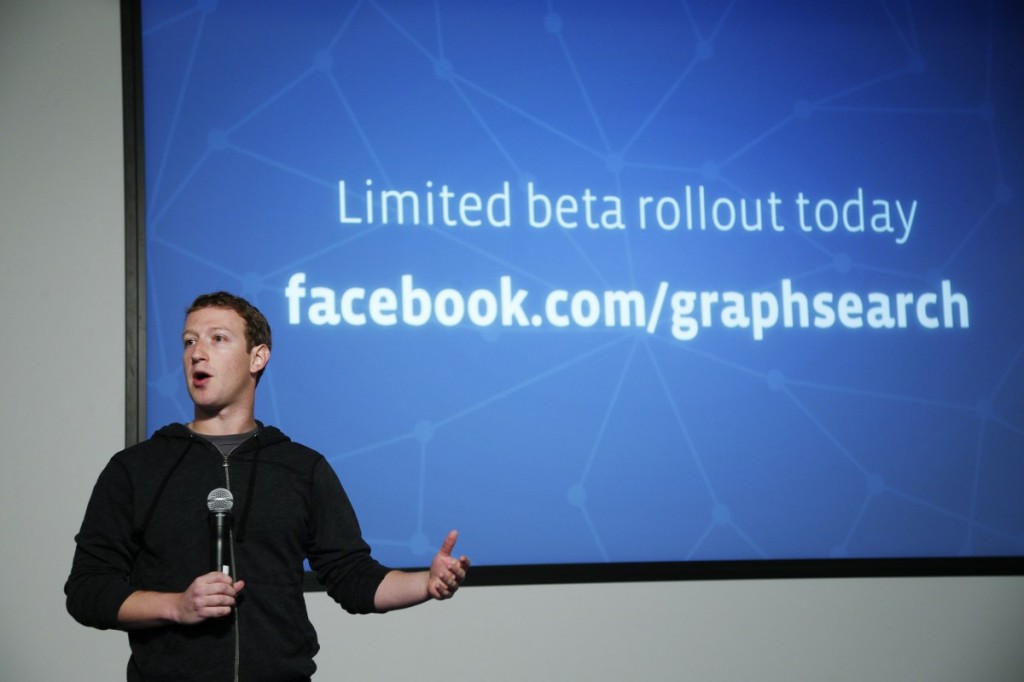Do you like this article?
With the beat release of Graph Search, Facebook
has taken another step forward in social networking. Although the beta
version of Graph search was only announced last week, fans have gone as
far as to say that this could very well be Facebook’s breakthrough
against Google as far as online search for people is concerned.
It is too early to say that Graph Search
can compete with Google; however, when it comes to searching for people.
It will not be far behind. You can also do searches like “restaurants
my friends have been to” or “movies my friends like”. You can search for
“photos I like” and “photos my friend likes”.
It would appear as if online stalking would become a whole lot easier
with Graph Search, but Facebook assures your results will only turn up
what was never meant to be hidden from you. For example, if you like and
share a photo with a small group of friends, and have it locked from
public viewing, it will not turn up in public searches. It will however
turn up in relevant search results made by the people with whom the
photo was shared in the first place.
How it Works
Graph Search uses all the information users share publicly on
Facebook, and makes it available for other users to search. If you
publicly ‘checked in’ to a restaurant in your locality and made a
positive comment about it on your profile, your name might very well
come up when someone searches for people who like that restaurant.
The beta version is available in the US, and users from all over the
world can join the waiting list to be among the first that will get to
use the alpha version when it is released.
Privacy Concerns
Some people have genuine concerns about how Graph Search would affect
privacy. Single females should especially be expecting a lot of friend
requests, pokes, and messages because a lot of single men would be
searching for like minded females through Graph Search.
Facebook has also made it clear that if you are tagged in a photo
that is publicly shared with everyone, you can either remove the tag or
ask the up-loader to take the photo down. In this way, you can make sure
which aspects of your life are for public viewing and which are not.
The searches could be customized to the last detail; the users can
define age range, gender, likes, dislikes, and can search for friends of
friends. This would definitely give eHarmony a run for their money, as
this is only the beta version. In the future we can expect Facebook to play matchmaker quite easily.
Does Google Have Something to Worry About?
Although many people would tell you otherwise, we don’t really think
Google has something to worry about just yet. Just like Google couldn’t
put a dent in Facebook’s following through its several attempts to break
into social media, it is highly unlikely that Facebook would replace
Google as the ultimate search engine. The phrase “Google me” is not
going away anytime soon, but the phrase “Facebook me” would soon enter
the common lingo.








